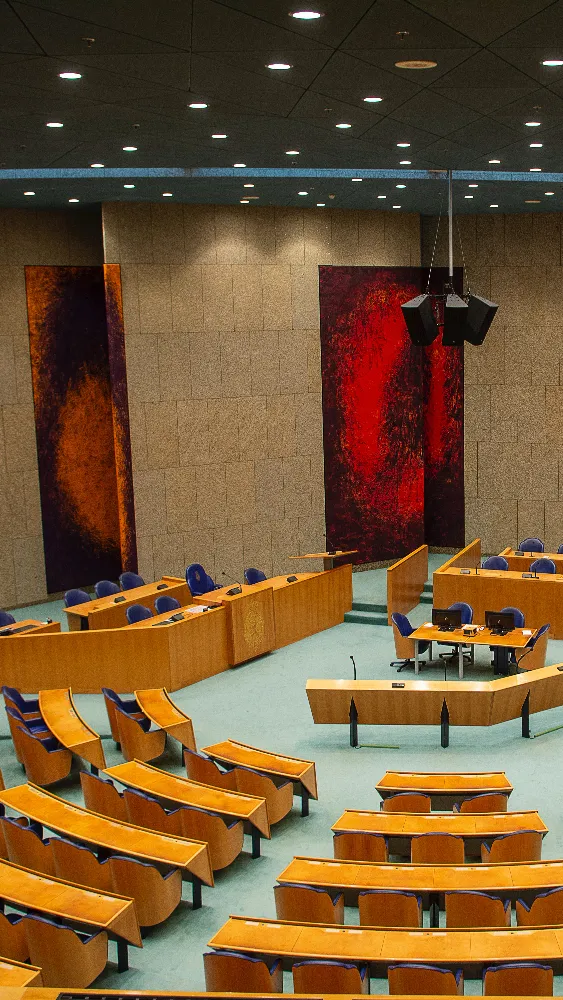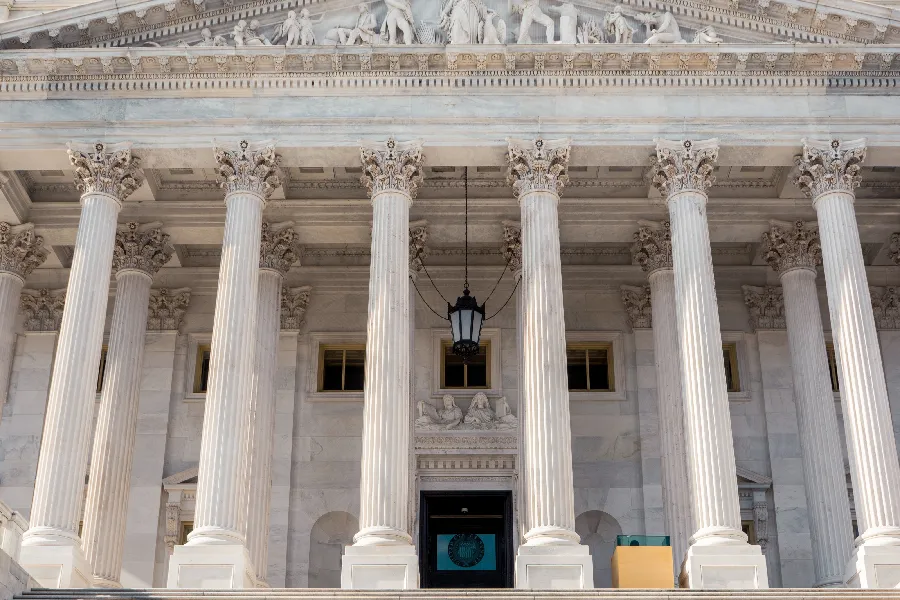The recent municipal and regional elections in Spain have highlighted the need to strengthen transparency and citizen participation in the political arena. In this context, the implementation of a system of municipal video records emerges as an effective solution. Not only does it improve communication towards citizens, but it also has a significant impact on social inclusion, providing access to people with hearing problems. In this article, we will explore how video-acts become a key tool to promote transparency in governments and encourage the participation of all citizens.
Video records are the way to transparency
Video records have been legally regulated in Spain since no less than 1985. Although technology has advanced substantially since that time, already then the Ley de Bases del Régimen Local 7/1985 (LRBRL) establishes in its article 25.ñ as competence of the municipalities “The promotion of participation” [of citizens] “in the efficient and sustainable use of information and communication technologies”. Likewise, article 70 bis provides that “Local Entities and, especially, municipalities, must promote the interactive use of information and communication technologies to facilitate participation and communication with neighbors…”. In 2018, finally, with Royal Decree 128/2018, the legal regime of video records in local administrations is clearly regulated. And their advantages are multiple:
- Greater transparency and access to information: The use of video records in municipal and regional plenary sessions provide greater transparency in decision-making and in the actions of local governments. By recording and broadcasting public sessions and meetings in video format, citizens are given the ability to access and review political processes and debates in a clearer and more understandable way. This contributes to greater accountability and builds citizens’ trust in their elected representatives.
- Citizen participation: The implementation of video records also promotes citizen participation. By having access to the recorded sessions, citizens can follow the debates and understand the arguments put forward by the different political actors. This encourages a greater involvement of citizens in decision-making, since they can have an informed opinion on public affairs and express their point of view. In addition, the possibility of reviewing the video records allows citizens to stay up-to-date and participate more actively in local policies.
- Strengthening citizen trust: The transparency and inclusion generated by the video records have a direct impact on citizen trust in municipal and regional governments. By providing clear and direct access to political discussions, the perception of opacity is reduced and confidence in public management is strengthened. Citizens can verify how decisions are made.

Better inclusivity

Social inclusivity is one of the additional benefits of video records is their ability to promote social inclusion. People who have hearing problems or are deaf often face communication barriers in the political arena as they are unable to hear meetings and sessions. The implementation of video records with subtitling and automatic transcription allows deaf people to access and understand the content in a more accessible and inclusive way. This not only promotes equal opportunities, but also enriches the democratic debate by ensuring that all citizens can fully participate in the political process.
In short, the tools already exist, the technology as well, and the legal framework is clearly established. Therefore, the extensive diffusion of intelligent video recording systems, such as IActa, in local and regional councils is a benefit for citizens and improves interaction with governments.
